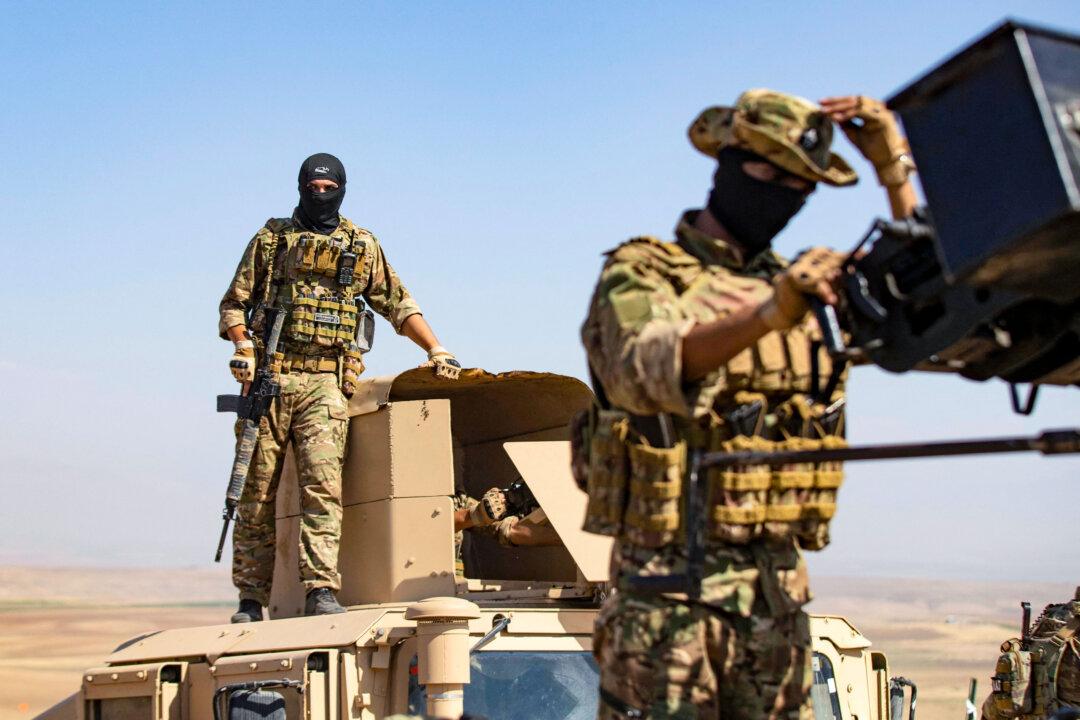Syria’s de facto new government in Damascus has warned that militant factions refusing to disarm will be excluded from upcoming national dialogues concerning the country’s future.
This week, Syria’s self-styled interim government in Damascus announced the formation of a new seven-member preparatory committee for an upcoming national dialogue conference.





